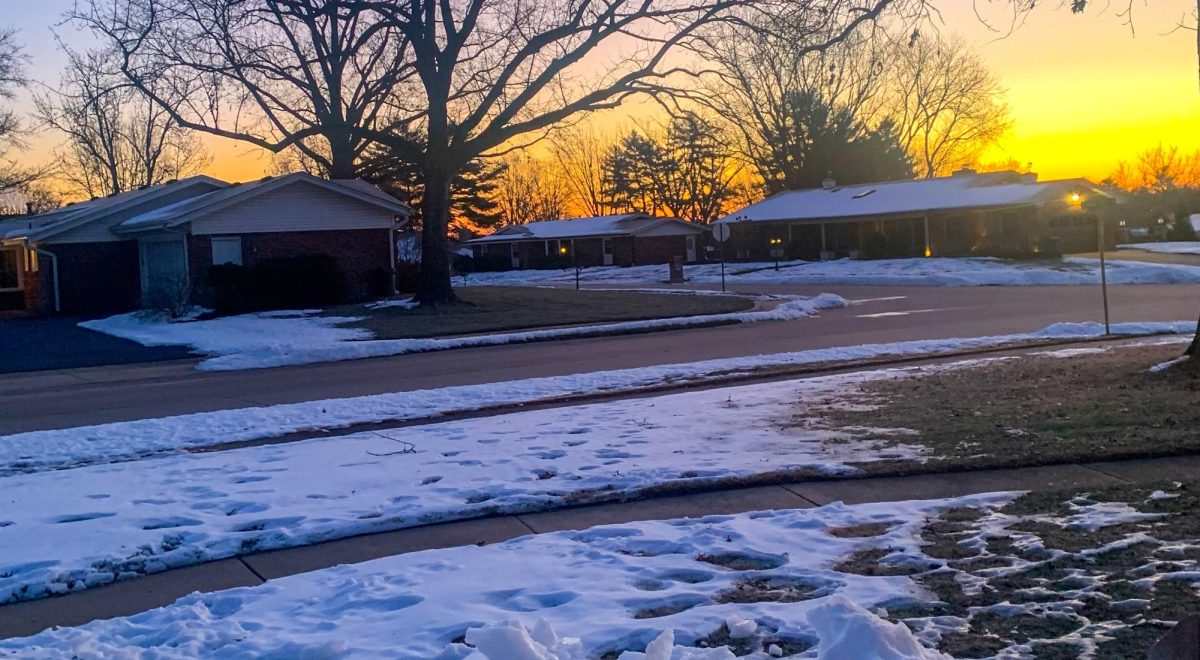America has always celebrated last second victories. We live for the fourth quarter, the shoot out, overtime. And that desire for glory snatched from the jaws of defeat has reached our nation’s capitol. It’s the bottom of the 9th in Washington D.C. Two outs, two strikes, with the bases loaded. A sixteen trillion mile per hour fastball is hurtling towards the plate and we’ve been firing off foul balls. The recent fiscal cliff debates resulted in nothing more than another long foul ball. The American people didn’t quite lose, but there’s not much to celebrate.
So, how did we get here? The story of our road to the fiscal cliff is a long one, although the highlights are simple to understand. In 2010, President Obama worked with the newly elected Republicans in congress to extend the Bush-era tax cuts for two more years. One year later, the treasury announced that the United States had reached its borrowing limit, and without action the government would shut down on August 2nd. At the 11th hour, Congress decided to raise the debt limit to $400 billion, enough money to get through the rest of 2012, in exchange for $1 trillion in future budget cuts to start tackling the deficit. The conditions required Republicans and Democrats to work together and decide which programs would be trimmed, or devastating cuts to vital programs, called sequestration, would be automatically enacted. Both the automatic increase in taxes with the expiration of the Bush tax cuts and the automatic sequestration cuts were set to occur at the end of 2012, creating what Federal Reserve chairman Ben Bernanke labeled “the fiscal cliff.”
Without decisive action, the Congressional Budget Office warned that the United States would plunge into recession for the first six months of 2013. The debate largely dwelled on whether or not to allow taxes to go up on all parties, and if not, whose would or would not go up. Republicans wanted to keep taxes low for all, while Democrats preferred raising taxes on every family earning more than $250,000. The ultimate deal ended up extending the current rate for families who earn less than $450,000 a year with an increase in taxes on income over that.
But the most important aspect of the fiscal cliff deal is what was not decided. All these months of debate have really gotten us is a two month reprieve. On March 1st, America will be knee deep in another debt ceiling battle for the new congress to deal with.
Most politicians, pundits, and casual observers place the blame for stagnation on the fringes of the Republican and Democratic parties. They would blame the politicians who refuse to compromise on their principles, who would send the nation into a recession rather than vote for new taxes or cuts to social programs.
And surely, those people are at least partly to blame. There is a place for compromise in legislation, especially when the well-being of the nation is at stake. However, the true reason we are so engulfed in endless debate and delay in the first place is our need to compromise. The nature of our government requires compromise. That was true during the Constitutional convention, when federalists and anti-federalists came together to draft the Bill of Rights and a bicameral legislature, and it’s true today.
Sometimes compromise is good. The American constitution is the single greatest legal document in the history of the world and the whole thing is one big compromise. But in today’s political debates, the compromise being discussed is really just a watered down version of two economic plans.
Democrats want an increase in taxes on the wealthy in the country. They want to use that increase in taxes to increase spending for the middle and lower classes. Republicans want to keep taxes low on everyone, and they do not think that the government should be spending to the extent that it is. For years, Republicans have had victory keeping taxes low while the Democrats have continued to successfully push for increased spending. Concessions are being given on both sides, and we’ve got ourselves a compromise, but not a good one.
The Republican plan only works if both tenants of the plan are enacted. Taxes must go down on everyone and spending must go down alongside it. The same goes for Democrats. They most increase taxes and increase spending for their plan to be effective. For years now, we’ve seen the illegitimate child of these two plans implemented. We’re cutting taxes and increasing spending because both are politically popular. But both have disastrous side effects when not coupled with the coinciding part of their plan.
Compromise created a hybrid Republican-Democrat plan that caused the debt crisis. That course of action is directly responsible for the economic panic on the hill.
Both Republicans and Democrats are to blame, because both Republicans and Democrats gave up the most important aspect of effective legislation: principle. Both were willing to sacrifice the most essential parts of their economic plans to puruse more politically popular ones. Cutting taxes will always be popular and spending money will always be popular because they directly benefit people in a simple and visible way. The more difficult tasks of cutting spending or raising taxes have gone by the wayside for generations. In fact, House Republicans are now considering a plan that would allow Democrats to raise the debt ceiling with no new spending cuts. A plan that only stalls a true solution even longer.
Obviously the immediate combination of billions in military spending cuts and across the board tax increases in one lump would have been a disaster. Virtually no one thought that going off of the “fiscal cliff” would directly benefit our government. However, our country desperately needs to pursue either significant spending cuts or new revenue. And at this point, possibly even some combination of the two.
We have spent generations following the middle road of two economic plans because both parties compromised on fundamental principles. While many are calling for compromise to settle this issue, remember that it is compromise that lead us here in the first place. While compromise may be able to stall the effects of a self-created fiscal cliff, it can never solve the root issue.
If Congress wants to really solve the debt crisis, it had two years to do it. During the first two years of the Obama administration, Democrats enjoyed sole control of the government. They could have pursued deficit control, but opted to work on Health Care Reform instead. During this time of divided government, a true solution can not be implemented because a full version of either plan can pass Congress and the President’s desk. This just makes 2014 and 2016 even more crucial. I’ll be rooting for Republican success, but even more important is that one party controls Washington again so we can really see what happens when a true plan is implemented. Without a clear plan, we’ll compromise ourselves to death. Again.









